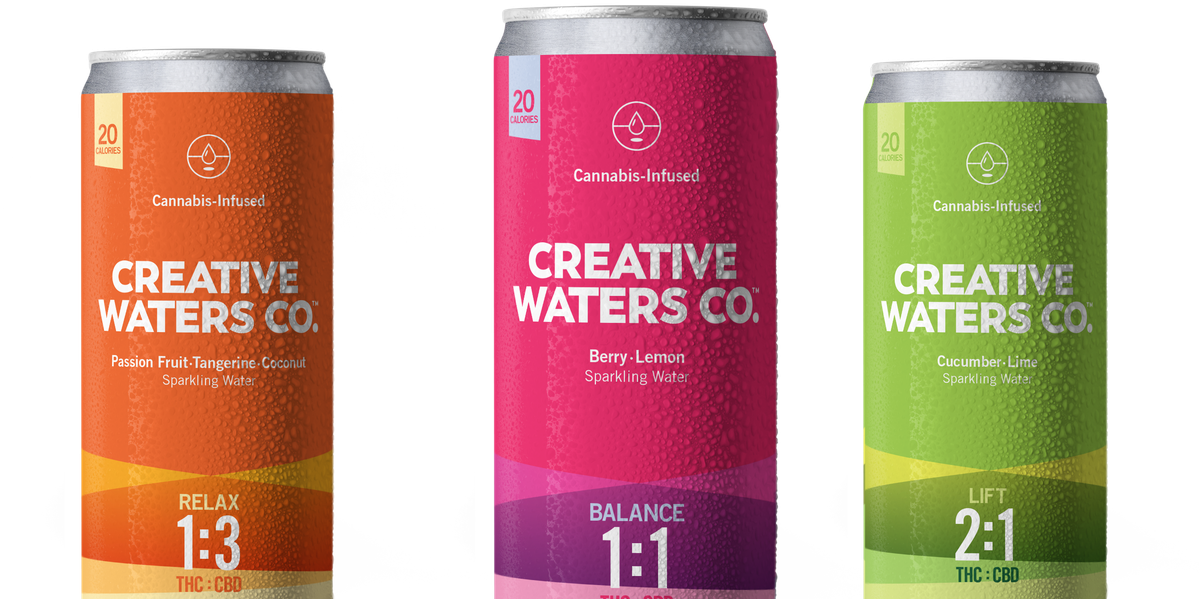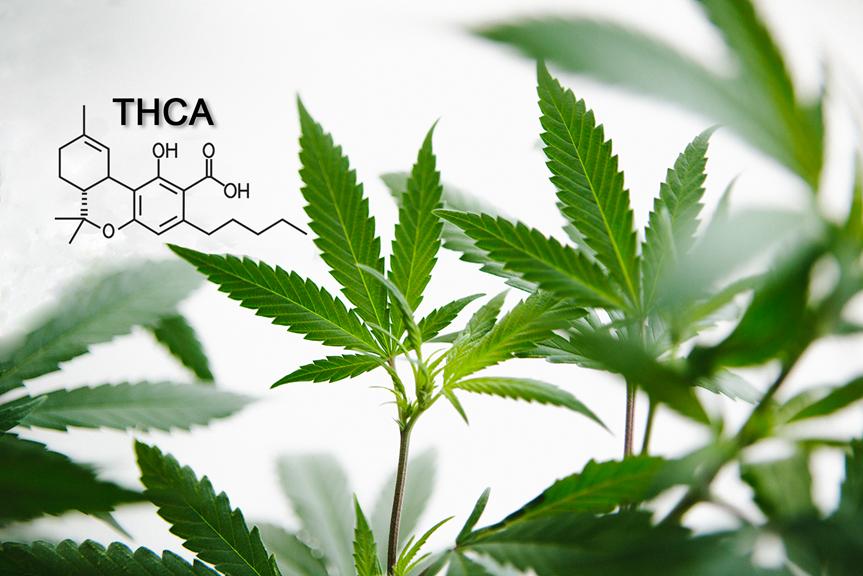
Montana law allows hemp oil. This is a question that has been debated for many years. Montana has been expanding its cannabis laws since the 2000s.
However, Montana's cannabis and hemp laws are complicated. These laws have been regulated by the Department of Agriculture and the Department of Public Health and Human Services. You will need to contact either of these two entities for more information. These are the governing body for CBD in the State.
The Department of Agriculture oversees hemp production activities in Montana. It is a crime for marijuana products to be sold without a permit. A license to grow industrial hemp is required. You also need to get a license in order to distribute CBD or hemp products.
Hemp oil comes from the hemp Sativa seed extract. This oil is high in omega 6 fatty acids and omega 3. It is not the same as cannabis, but it is considered a derivative.

Federal lands and waters are where marijuana is prohibited. While it is legal to use marijuana for medical purposes, it is not legal to sell or possess it for recreational purposes. Public places are also forbidden from selling or possessing cannabis.
While hemp-based products were legalized in Montana for a number of years, it isn't clear what the future laws are. The laws of this state are also very vague.
The Montana legislature has passed a bill to reflect the distinction between hemp and marijuana. The bill allows for the establishment of a hemp certification program by the Department of Agriculture. Additionally, it prohibits selling or distributing cannabis-based products to non-medical marijuana card holders.
Montana has many shops that sell cannabis- and hemp-based products. These products include oils, fiber, or supplements. All these products are legal to buy and possess. For more information, visit the Montana CBD Legal Guide.
Montana voters approved 2004's Montana Medical Marijuana Act. Patients can now legally use cannabis. There are currently three pieces of legislation in Montana regarding medical cannabis. In 2011, the legislature tried to repeal this law. The legislature tried to repeal this law in 2011. However, the governor opposed it.

The Montana Department of Agriculture regulates cultivation, processing, sale, and distribution of hemp in the state. To grow hemp in Montana you must apply for a license. An initial application should include information about key participants, a background check, as well as a risk acknowledgment statement. You will also need to pay an $850 non-refundable application fee.
Before you can cultivate cannabis in Montana, you will need to obtain a license from Montana's Department of Agriculture. The Department of Agriculture will require you to show evidence that your hemp is non-toxic. Once you have obtained your license, you are allowed to start manufacturing, processing, or distributing hemp-based products.
FAQ
What are the most effective uses of CBD?
The best use for CBD is as an alternative treatment for anxiety. It can also be used for pain relief, epilepsy treatment, inflammation, depression and other conditions.
CBD can be taken in many forms. CBD is available in many forms.
Consuming CBD has many benefits. It has been shown that CBD can help with anxiety, chronic pain, PTSD, and many other ailments.
Which states are the biggest consumers of CBD?
The top three states are California, Colorado, and Oregon. These states have large numbers, high incomes, and low rates of unemployment. They also have higher levels of hemp farming than other states.
California is the leader because its economy is heavily dependent on agriculture. It is home to a large amount of fruits and vegetables. This makes sense because cannabis is extracted from the same plants as hemp.
Oregon and Colorado are close behind, as they both grow marijuana for medical purposes. These two states, however, do not permit the recreational use of marijuana, as California does.
Other highly ranked states include Washington and New York, Florida, Illinois. Pennsylvania. Mississippi.
How much CBD do I need?
The type of product that you're buying determines how do you decide to do it.
CBD oils come in a variety of strengths, ranging from 100mg-1000mg per bottle.
There are many companies that make CBD products in very specific dosages. For example, 25mg, 50mg or 75mg.
Charlotte's Web, for example, makes CBD products that contain precise amounts of CBD.
If you're unsure about CBD's effectiveness for you, you can try a lower dose.
You can always go up later.
Is there any evidence that CBD helps with anxiety?
CBD oil works well to reduce anxiety. This is because it interacts directly with CB1 or CB2 brain receptors. The endocannabinoid system regulates mood and stress responses.
Our bodies activate the CB1 receptor when we feel anxious. When activated, the receptor sends signals back to the amygdala that is responsible for emotional processing.
If the CB1 receptor becomes blocked, the brain doesn't get the signal to express emotions. CBD users report less negative feelings.
2017 study found that CBD helps reduce anxiety in social phobia patients. Another study revealed that CBD helped reduce symptoms of PTSD.
A 2018 review concluded that CBD has anxiolytic properties and could help treat generalized anxiety disorder.
Another study concluded that CBD may help with panic attacks.
However, multiple studies have shown that CBD does increase anxiety in mice.
According to the researchers, this discrepancy between animal and human data may be due in part to differences in CBD's effects on humans and animals.
CBD has not undergone any safety studies. Experts agree that CBD is safe when taken as directed.
What are some common mistakes that companies make when they enter the US cannabinoid market?
It is easy to make a mistake by not knowing the regulations surrounding cannabis products. This could cause you to have to modify the formulation of your product.
Unskilled labeling is the second. You need to know if your product contains THC, CBD, or both.
Third, it is important to understand how to properly package your product. If your product contains THC, you need to ensure it is packed in child-resistant containers.
You can still use all the packaging laws even if your product contains no THC. Many states have legalized cannabidiol (CBD).
Finally, you should always keep track of any recalls on your products. If your product is defective, you should notify customers immediately.
Which countries produce CBD of the highest quality?
The United States produces the vast majority of CBD products.
Canada, Australia New Zealand, Israel and New Zealand also produce high-quality CBD product.
Where can I buy CBD products?
CBD can be bought online or at your local retailer. Online retailers often offer better deals. You will find that many websites sell CBD products made using industrial hemp, which contains less than 0.3% THC.
If you prefer to shop locally, look for brick-and-mortar businesses that specialize in selling CBD products.
Many states now allow CBD products to sold without a prescription. CBD products might be available for purchase at your local pharmacies if you're a resident in one of these states.
You may even be able to get CBD products delivered directly to your door.
Statistics
- CBD seems unlikely to directly influence sleep in healthy humans [115] (and maybe “sleep-promoting” in those with certain comorbid conditions) (ncbi.nlm.nih.gov)
- however, one study also found that these effects were virtually abolished when the original media (a nutrient broth agar) was replaced with one containing 5% blood (increasing the minimum concentration to ~160 μM CBD) [179]. (ncbi.nlm.nih.gov)
- As a substance that was federally illegal before the passage of the 2018 Farm Bill, hemp-derived cannabinoids with no more than 0.3% THC still face a regulatory grey area. (forbes.com)
- The use of these products is likely to become even more widespread if the World Health Organization's recommendation that CBD no longer is scheduled in the international drug control conventions is adopted by the United Nations member states [201]. (ncbi.nlm.nih.gov)
- While the primary injury may not be treatable, interventions that attenuate secondary sequelae are likely to be of benefit [203].Only one study (ncbi.nlm.nih.gov)
External Links
How To
What are the issues that the CBD industry faces?
The market for CBD is growing at an astonishing rate. But, businesses who want to enter this market still face numerous challenges. These include a lack consumer awareness, high-cost entry, limited access capital and regulatory uncertainty.
Many consumers don't understand what CBD is and how it works. This means they are not able to make informed choices about whether or no to purchase CBD products.
As a result, most CBD companies rely heavily on word-of-mouth marketing. This is expensive because it requires paying for advertising and hiring staff to promote their brand.
Another issue for new entrants is the high cost production. CBD products require a lot of raw materials. CBD oil can only be made if hemp is grown in the right climate and soil conditions.
For CBD oil to be produced, you need to plant enough hemp. This costs about $1,000 an acre. As a result, many small farmers cannot afford to start.
Another challenge new entrants face in the CBD market is the lack of access to capital. Because of the stigma associated with this industry, many people are discouraged from opening a business.
Finally, there is regulatory uncertainty surrounding the sale of CBD products. There are no guidelines for how CBD products should market.
Although states have passed laws restricting CBD products sales, these policies are not yet national.
Only Nevada and Maine have so far legalized recreational marijuana.
Some states, such as Michigan and Massachusetts, are looking at similar measures.
These changes could result in increased competition between CBD manufacturer.
These factors lead to many entrepreneurs choosing to work from their home instead of starting a physical company.